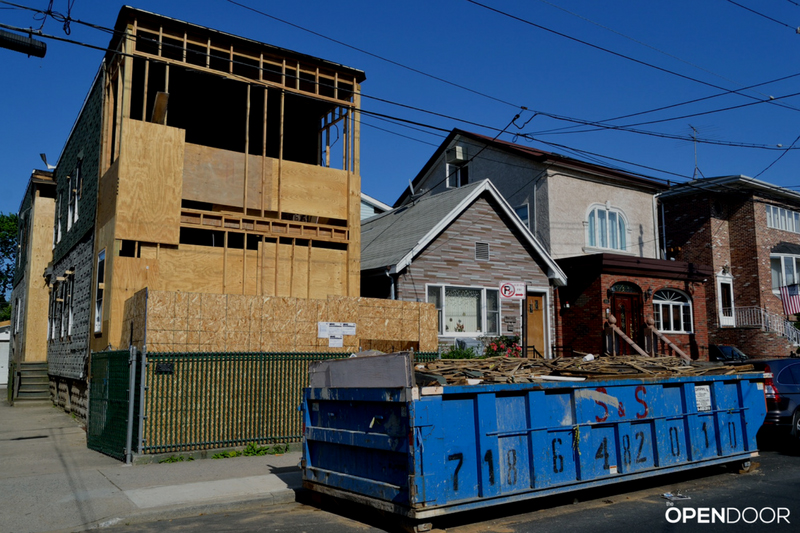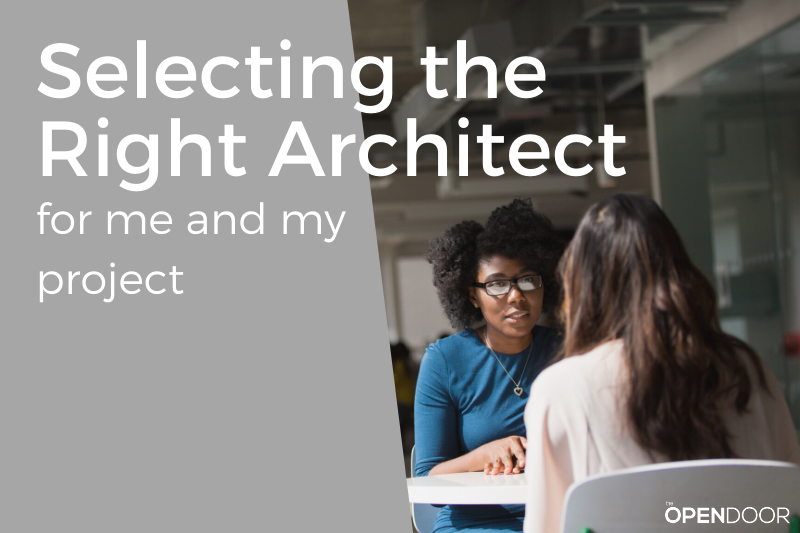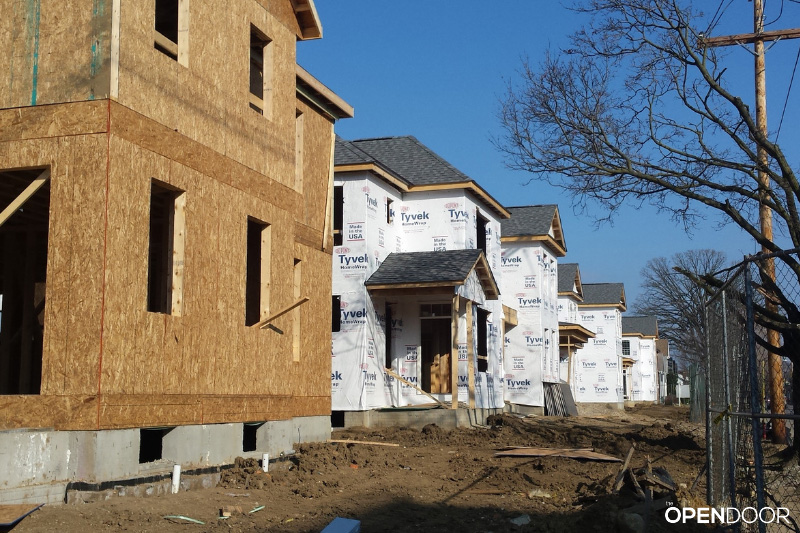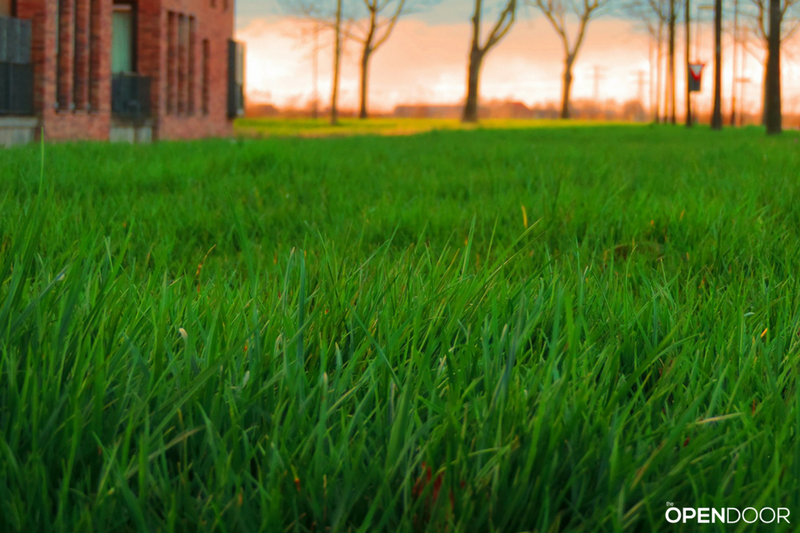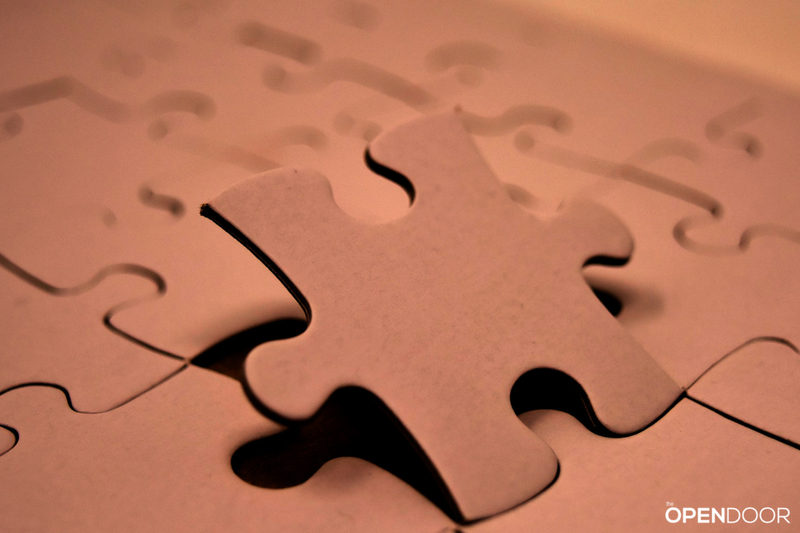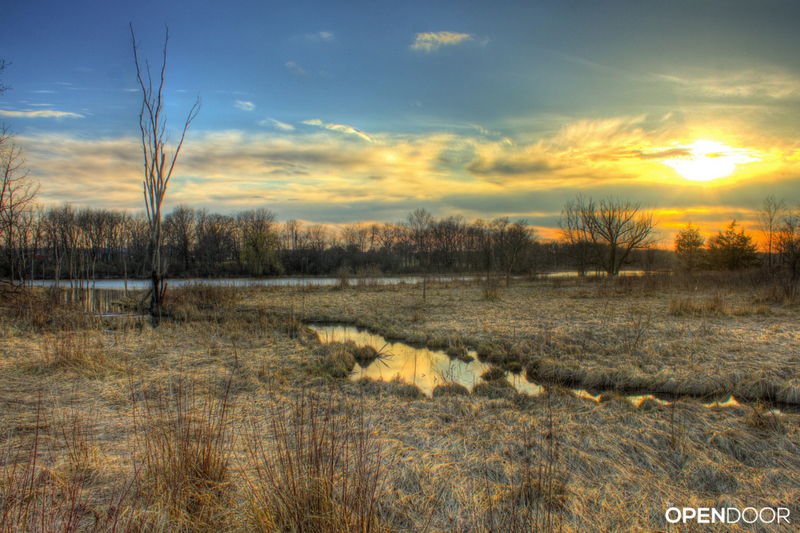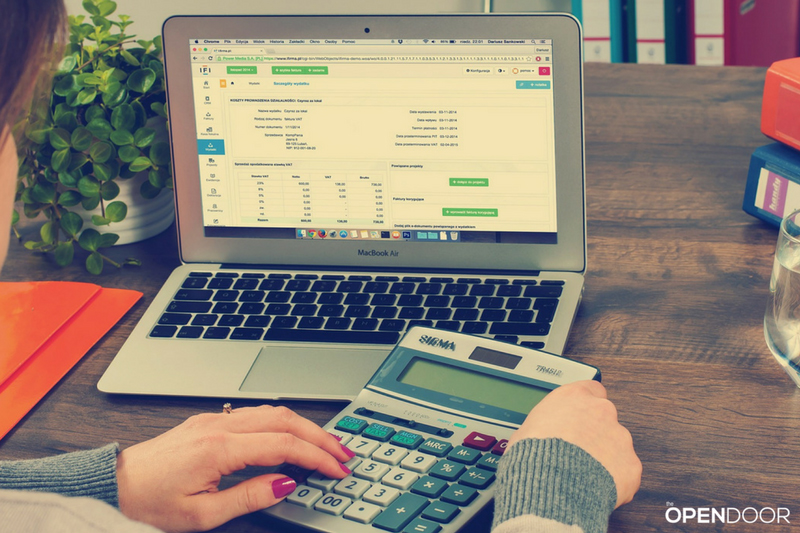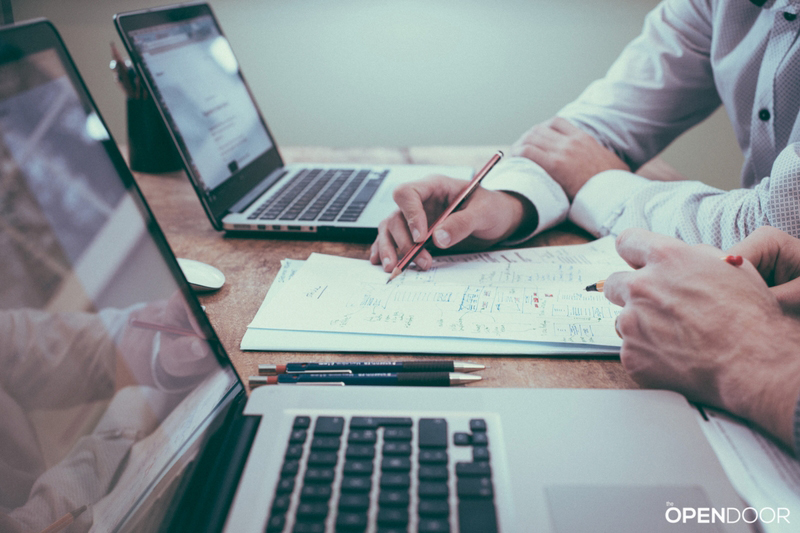Humans generate a lot of waste each year. When it comes to building a home, there can be literally tons of waste. And, unfortunately, construction debris and materials aren’t the only things that go to waste. Because of the unpredictable nature of the building process, there’s a good chance that without proper planning, you’ll lose money, time, or even your sanity.
Did you know that there’s a way to smooth out the ride and save? By spending time upfront to thoroughly plan for your upcoming project, there’s no doubt you’ll save big time.
Planning is one of the most important things you can do in the home building process. You can never plan too much, trust me. Planning starts with learning the essentials of the process and then filling in the blanks with the specifics. Every minute you spend planning will save you, but not planning enough will cost you.
This article discusses 5 things you can lose by not planning enough. They are:
- time
- money
- relationships
- quality
- mental health
1. Time
Things left unplanned will easily take 2-3 times as long when you’re in the moment trying to make decisions.
Think about it: In the heat of the moment, there’s extra stress. With stress comes panic and making rash decisions. It’s hard to make educated decisions when you’re stressed out. It’s even worse when you’re expected to make a decision quickly or on the spot.
There may also be a lot of people waiting for your answer because their work is dependent on your decision. And of course, these people will give you their opinion even without you asking for it. So now you have their thoughts in your head trying to sway you, and you feel you pressured in choosing between all the competing project constraints. This can sometimes cause you to change your mind or going back on something you said earlier.
And, all this creates even more wasted time… and time is money in construction: which brings us to #2…
2. Money
Impulse buying is more expensive than planned buying. Planning ahead helps you manage your cash flow and avoid cost blow-outs.
When you know ahead of time what you need to purchase and by when, you can keep your eyes peeled for sales, discounts, and ways to negotiate prices. When you don’t plan ahead, you’re against the clock and need to purchase everything quickly. You’ll almost never find anything on sale or have good options to choose from. This is a good way to blow your budget if you aren’t careful.
Planning ahead also helps avoid frequent trips to the store to buy things because you know ahead of time what you need and can make a list. When you don’t plan it out, you’ll be running to the store every day to grab something you forgot or didn’t realize you needed, which wastes more time (not to mention, gas money).
3. Relationships
People joke about how building houses ruins marriages. And sometimes, they’re not joking—they’re actual horror stories.
Tensions are high during the building process. But by setting aside time to plan for the process, you can hopefully get ahead of some of the things that may cause stress later. Working through potential problems and anticipating issues ahead of time will lower the tension and help you stay positive, less stressed, and better able to maintain relationships with people.
Take your time making big decisions, communicate, and create a plan to complete what needs to be done. Your family and friends will thank you for it. And sure enough, unlike the horror stories, your building adventure will hopefully bring you closer to the ones you love.
4. Quality
No one likes poor craftsmanship or cheap, poor quality products.
Whether you need quality contractors or quality materials, the only way to ensure you find the quality people and products you need is to give yourself plenty of time to shop around, compare, look at reviews, and negotiate prices. If you leave it to the last minute, you’ll be left without a lot of options. No one likes only having one choice because you can pretty much guarantee you’ll be disappointed with the quality you find on a moment’s notice.
5. Mental Health
With the added stress of your big project, you’ll no doubt be under pressure to succeed. Without proper planning, you may even buckle under pressure and drive yourself and everyone else around you crazy.
As one of the most stressful years of your life, it’s important that you’re mentally healthy and prepared for this process. You’ll have more on your plate than you can handle and more than things to do than you think you can accomplish in the time allotted. Without a plan, without lists, and without checks and balances, you’ll forget things and quite possibly neglect your other responsibilities. You don’t want that. Plan ahead.
To help you in the early planning stages of your project, I recommend these 3 tips:
Quick tips for planning your home project
1. Write down all your questions that you can’t answer. As you research, you’ll be coming up with more and more questions daily. Write them down in one place so you don’t forget them. You have WAY too much new information in your head when learning how to build a house. Also, writing your questions down makes them easier to recall when you talk to building professionals (See tip #2).
2. When you have important questions or a lot of questions related to a specific topic that you can’t answer, call a tradesperson, building professional, or someone in the industry for answers. The majority of people you call will be happy to answer some questions about your future home. Be friendly. Let them know you will be building in the near future and that you’ll call them when it gets a little closer. (And don’t forget to add them to your list of potential hires.)
3. Find a few houses in your area that were recently built and make friends with the people who live there. Knock on their door and introduce yourself. Tell them you want to build in the area soon and noticed they had recently built, also. Most likely once you strike up a conversation, they will share a few of their secrets. People love to talk about their house and their home building adventures. (Don’t forget to bring a paper and pen—and some cookies wouldn’t hurt!) It’s even better if you can make enough of a connection that you can call on them again later when you have more questions. The most valuable question to ask someone like this is, “What companies (or people) do you recommend and not recommend?” This information is gold.
Planning ahead is one of the most important things you can do for your project. I’m sure it will seem like a ton of work at first, and it is. But its necessary work, and I promise you that it will be worth it in the end.
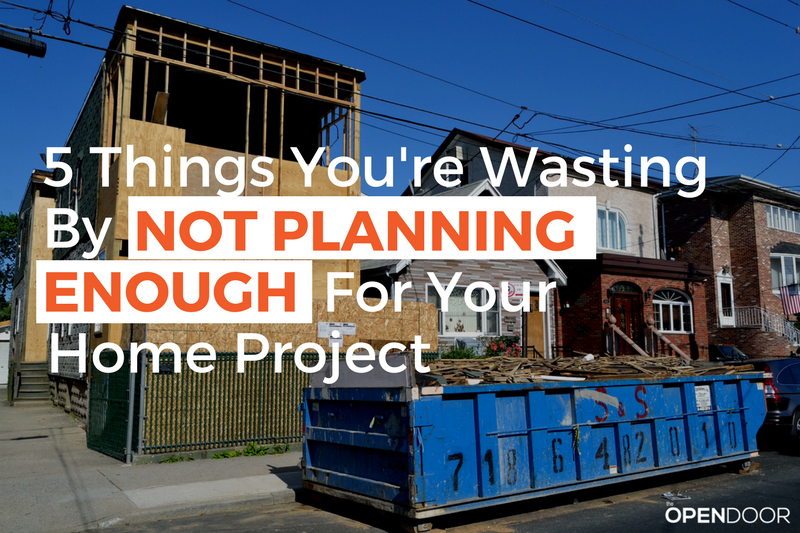
How is your planning coming?
Here are some resources that you may find helpful:
If you’re in the planning stages of designing or building your home, I recommend checking out our Planning section of the Project Roadmap.
And to help you get started, download this Project Planning Checklist.
You can also read this article to start learning the essentials before starting your project.

